Thursday, May 21, 2015
YA HISTORICAL FICTION: COURTNEY MCKINNEY-WHITAKER'S THE LAST SISTER
I absolutely adored Courtney McKinney-Whitaker's THE LAST SISTER. So much so, I asked her to stop by to discuss historical fiction and working with a university press--two rarities in YA fiction:
Are you an avid reader of historical fiction? What were
you reading as a teenager?
Of course! I'm an avid reader of most genres, but historical
fiction has always been among my favorites.
I was a teenager in the late '90s, shortly before the YA
boom, so I read mostly adult books, including A LOT of classics. I would say I
was in a real AP English phase: Dickens, Hardy, Austen, Alcott, Eliot. At one
point, Tess of the D'Urbervilles was my favorite book. Today's YA has nothing
on Hardy for melodrama. That was my era of "If it's old, I'll read
it." It gave me excellent
background knowledge on the development of the novel.
I love that this book is your answer to a “challenge,” as
you say in the Author’s Note. This story DOES have so many elements of popular
YA fiction—love, violence; you make it clear in the first chapter you’ve also
got a strong female protagonist. Why do you think young readers are drawn to
futuristic (in recent years, dystopic) literature, rather than historical
fiction? Why is past reality less interesting than purely imaginative works set
in the future?
I think a few factors play into this. First, historical
fiction is immediately suspect because adults (teachers and parents) often want
it to be "educational" (Whatever that means. I've learned something
from every book I've ever read), so historical fiction ends up with a
reputation as the vegetables of literature, and most people prefer dessert.
There's that immediate resistance to whatever's being (even slightly) forced
upon you. Second, our pop culture view of history is wrong. There's this idea
that history is very straight-laced, that nobody cursed or had premarital sex
or stepped out of line ever before 1960. The idea of squeaky clean history is
laughable, but it has a very strong hold on the popular imagination. Finally,
young readers are interested in the future—their own, in particular, and the
past doesn't seem like the place to find it. For me, though, history is very
much about people reaching for the future, and those are the stories I want to
tell.
Oh, absolutely! I grew up in Catie's world, and I was
outside almost every day of my childhood. The scene where Catie encounters the
cougar is based on a creek bed where I used to play with my brother and our
neighborhood friends.
I’m also a bit of a genealogy nut. (I was shocked to find
I do have some Native American ancestry.) Did genealogical research factor into
your drafting process?
Not at all. My family has lived in upstate South Carolina
since before the American Revolution, so I do have some ancestors who would
definitely recognize the setting, but aside from the general fact of the
Scots-Irish migrations into the Carolina backcountry in the mid-eighteenth
century, none of the characters or other elements are based on my own
genealogy.
Your descriptions are so vivid. I can imagine that your
research set your imagination spinning…For some, research is merely a bunch of
dry dates; for others, historical texts play out in their minds like a movie. I
imagine you’re the latter. Do you hit a point, though, where research can
become a hindrance? How do you blend fact with imagination?
Yes, research always does get my imagination going, but to
tell you the truth, some research texts
do that more than others. Nonfiction is an art as much as fiction is. Research
can become an excuse for not writing, which is one reason I tend to do the two
simultaneously. I research to get a good feel for the setting, and then I write
a first draft. I always let the story take
the lead and figure out what kind of specific research I need to do to create
the details that make the world feel like a real place. Sometime around the
fourth or fifth draft, I do a "research draft" where my only goal is
to go through and answer specific research questions.
For example, with THE LAST SISTER, my initial research consisted of a lot of general reading about the Anglo-Cherokee War
and backcountry communities, and then after several drafts, I was looking at
the contents of highland soldiers' haversacks and the quartermaster's logs from
Fort Loudoun.
How long did it take to write THE LAST SISTER? What was
your drafting process like? How is drafting historical fiction different than
drafting contemporary work? What are the pitfalls drafting historical fiction?
What’s your best piece of writing advice for anyone about to write the opening
lines of their historical novel?
Wow, that's a lot of questions! I'll try to answer them one at
a time.
THE LAST SISTER has a funny textual history. It was
originally a dystopian novel that I converted into historical fiction after
learning that the market was flooded with dystopian novels, which in
retrospect, maybe I should have known in 2010-2011, but I was a beginner in the
industry and just trying to find my voice. However, that practice novel was my
route to THE LAST SISTER, which I never would have written without knowing that
basic story, so I'd say it was worth it. Writing the first novel took me about
a year, and writing THE LAST SISTER took another year beyond that.
I learned my drafting process over the course of working on
those two novels. I started writing seriously in November 2010, for NaNoWriMo.
I still start with a quick first draft, which at 2000 words a day, usually
takes about a month. Then I start over with a clean document and draft it
again. After that, I work with what I have, drafting many more times until I
can't do anything else. I think I ended up with about 10-12 drafts of THE LAST
SISTER. All this time, I'm outlining and re-outlining, and researching and
reresearching.
I've never written contemporary fiction, so I don't really
know how it's different from writing historical fiction. I can say that
historical fiction has that world-building element in common with fantasy and
science fiction, but I think that every good novel is a world unto itself. I
admire writers of contemporary fiction. Given the amount of time it takes to
write and publish a novel, I would be so afraid my work would be out of date. I
feel like historical fiction gives me a little more freedom in terms of the
publication timeline, though of course it needs to remain relevant to the time
in which it's published.
One of the pitfalls of writing historical fiction may be
that the research can last as long as you want, so it's always a good excuse
not to write. I think you really have to be careful to let the story itself
take the lead and not bog your reader down in historical detail that's
irrelevant to the story and the characters. It's hard, because you uncover cool
stuff and you want to tell everyone about it. I mean, the number of times I
have LOL'ed at diary entries...because people are just funny, at any time.
To go along with that, my best advice is to focus on your
story, not the HISTORY with a capital "H." Your story comes first,
before the details, and definitely before any lessons readers are supposed to
learn from it. I think some writers see historical fiction as a good way to get
a message across, another potential pitfall. Don't try to teach, and definitely
don't preach. If you have a message, write a billboard, not a novel. Story
first, always.
I’m intrigued by the fact that this book was published by
a university press. What was the process of working with a university press
like?
It's been great! The University of South Carolina Press is
one of the first university presses to publish children's and young adult
books. I ended up publishing THE LAST SISTER with the USC Press after receiving
feedback that the book was too "regional" to sell to a national
market. (Pet Peeve: Why are books so often tagged "regional" if they
have strong settings outside major metropolitan areas? Two separate groups of
students have asked me why books set in rural SC are "regional" but books
set in New York City aren't. Good question. Young readers do notice these
things.) I had published an academic work with the USC Press in 2006, and I
contacted my former editor to ask if he could recommend any regional
publishers. He told me about the Young Palmetto imprint, which I don't think
was even publicly accepting submissions at the time.
First, the book was reviewed and recommended for publication
by the Young Palmetto Books series editorial board. This was an awesome
experience because the members of that board were mostly people I knew by
reputation in the field of children's and young adult literary scholarship and
earning their approval meant a lot to me. Next, the book went through the
process (typical to scholarly publication) of being reviewed by two anonymous
peer reviewers who provided feedback and recommended for publication. After
that, it went to the USC Press Committee for final approval. This whole
process, from initial contact to book contract, took from February to July of
2013, and then the book was given an October 2014 release date. It was a MUCH
faster process than most commercial publishing.
I've had such a great experience, so I always recommend
authors seeking publication think beyond the commercial giants.
I can see this book having a long life in a high school history
class; have you heard of any classrooms using your book? If so, what was that
experience like?
In January, I received a Facebook message from a history
professor at Converse College in Spartanburg, SC who was teaching the book in
her class on the American Revolution in the Southern Backcountry. We emailed
back and forth, and I ended up speaking to two groups of students at Converse in
April. They were interested in writing, history, and books for young readers,
so we had wonderful conversations.
What can we expect next? Another historical read? A new
genre? Any sneak peeks you can share?
After I completed THE LAST SISTER, I wanted to try something
different, so I wrote a sort-of fantasy, fairy tale-ish book (still rather
deeply steeped in history). It's finished, but I haven't found a publisher or
representation for it yet.
Meanwhile, I've recovered from writing THE LAST SISTER and
am working on a companion. It's set in South Carolina at the tail end of the
American Revolution (1780-81) and features Catie's daughter, Bess, as the main
character. While it will feature some of the same characters, it's intended to
work as a standalone read, as well.
Catie’s such a compelling heroine. Who, for you, are the
Caties of today?
It is so important to me that Catie doesn't save the whole
world, that she doesn't entirely understand the geopolitical situation she's
caught up in. I think that's the case for most people, in any time. I would be
lying if I told you I had a complete understanding of the crises we're facing
today, and really lying if I said I had the answers. So many things are
comprehended only in retrospect. One aspect of popular literature I wanted to
avoid was the "chosen one" character: that's not an attainable, or I
would argue, a desirable goal for most young people. I think we're too quick to
divide history into heroes, victims, and villains. Most people have a little of
all three in them. Catie voices my own philosophy, developed over years of
working with history: most people in any time are doing the best they can with
the cards they've been dealt. Catie wrests good things from terrible situations.
She decides what she wants and how high a price she's willing to pay for it.
She doesn't save the world, but she builds a life she can live with. She saves
a precious few people who are dear to her. She does the best she can. And if
lots of people do the best they can, then we end up with a better world. That's
how we reach for the future.
___
Get your own: THE LAST SISTER.
Subscribe to:
Post Comments (Atom)


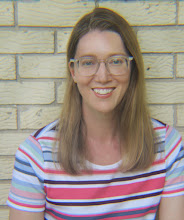













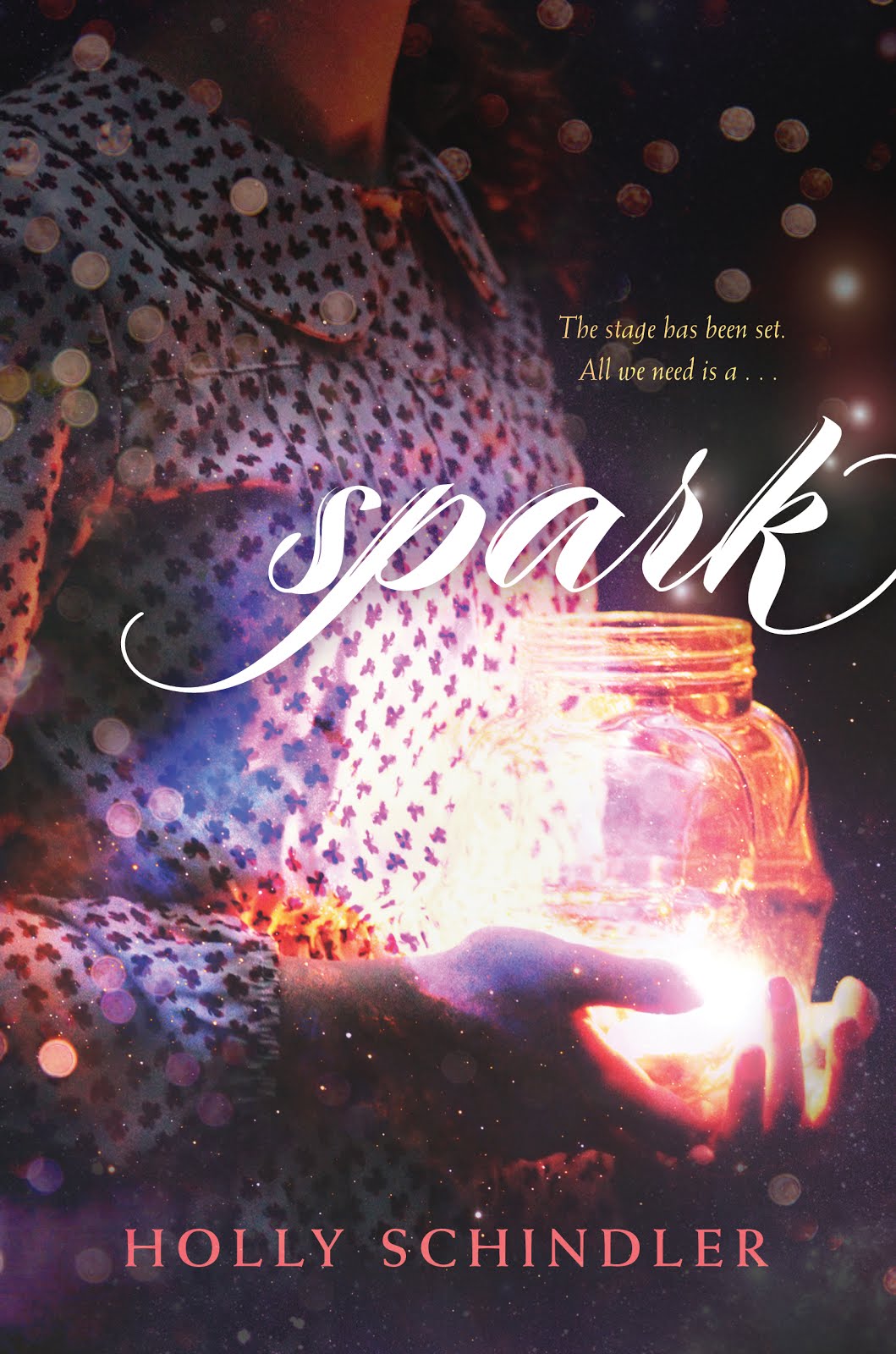





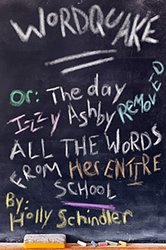


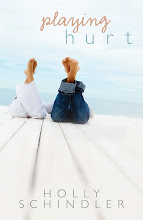

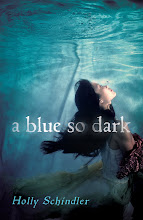







This sounds like an intriguing tale that I am adding to my list of must reads!
ReplyDeleteYou should! It's a great one...
ReplyDelete